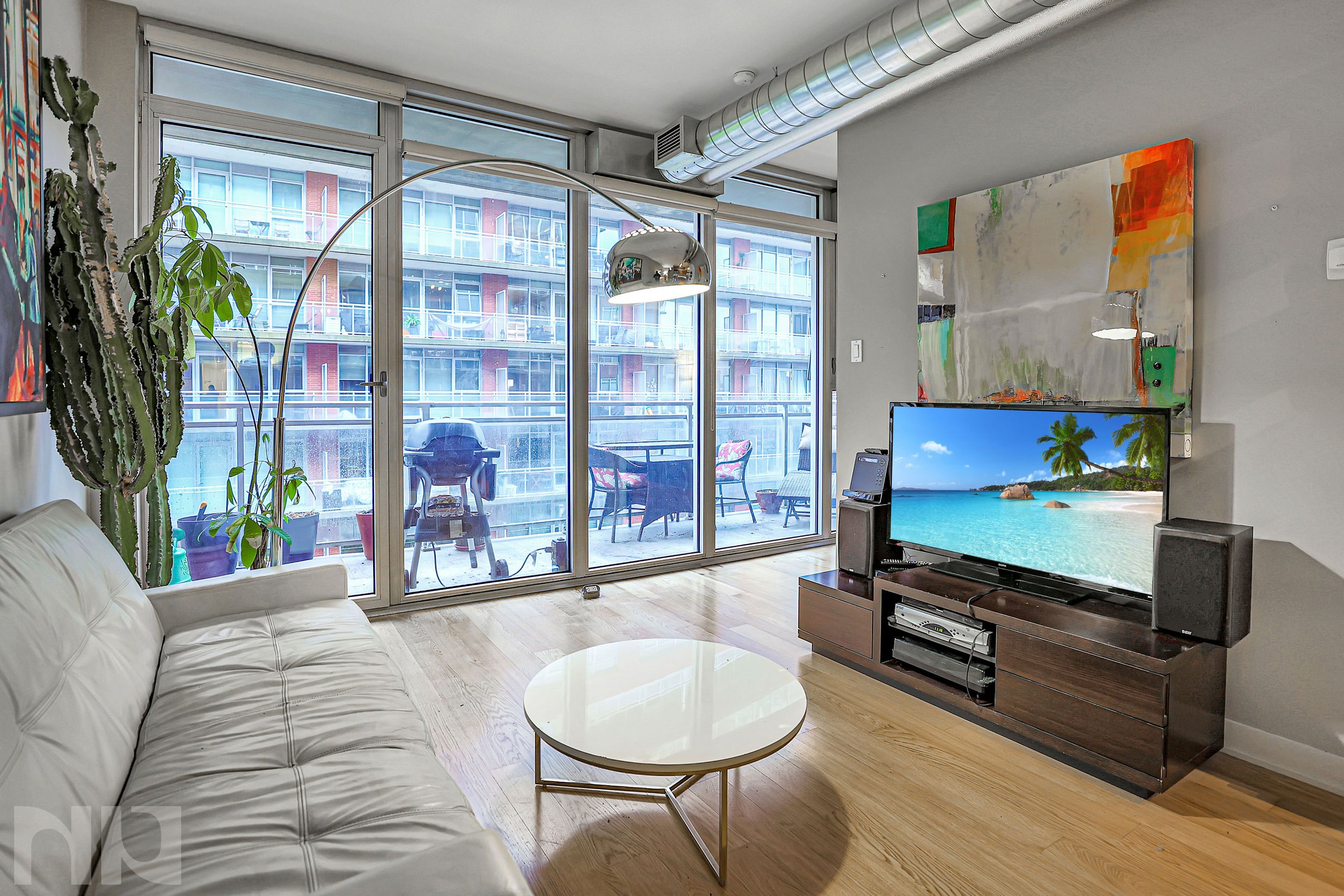Debunking the Myth: Why the Biggest House Isn't Always the Best Investment in Ottawa, Ontario
When it comes to real estate, there's a common misconception that the biggest house is the best investment. In Ottawa, Ontario, this myth persists among many buyers, driven by the belief that more square footage automatically translates to higher returns. However, real estate investment is much more nuanced. Let's explore why the biggest house isn't always the best investment and what factors you should consider instead.
1. Market Demand and Resale Value
While a large home may seem impressive, it doesn't always align with market demand. In Ottawa, the demand for housing often centers around factors such as location, accessibility, and amenities rather than sheer size. A spacious house in a less desirable area may take longer to sell and may not appreciate as quickly as a smaller home in a prime location.
Consider the resale market: Many buyers, especially first-time homebuyers and young families, may prioritize affordability and convenience over size. A modestly sized home in a sought-after neighbourhood can attract a broader pool of potential buyers, ensuring a quicker sale and potentially higher returns.
2. Maintenance and Operating Costs
Owning a larger home means higher maintenance and operating costs. From heating and cooling to regular upkeep and repairs, the expenses can add up quickly. These costs can eat into your investment returns and make a large house less appealing from a financial perspective.
In Ottawa, where winters can be harsh, heating a large house can be particularly costly. Energy-efficient homes, often smaller in size, can offer better cost savings and appeal to environmentally conscious buyers.
3. Flexibility and Diversification
Real estate investors know the importance of flexibility and diversification. Tying up a significant portion of your investment capital in a single large property limits your ability to diversify your portfolio. Smaller properties or multi-unit buildings can provide more flexibility, allowing you to spread your investment across different types of properties and locations.
Diversifying your investments can help mitigate risks and take advantage of different market segments. For example, investing in both residential and commercial properties or different neighbourhoods in Ottawa can provide a more stable income stream and potential for growth.
4. Rental Income Potential
If you're considering real estate as a rental income source, smaller properties or multi-family units can offer better returns. Larger homes typically command higher rental prices, but the pool of potential tenants is smaller. Conversely, smaller homes and units tend to have higher occupancy rates and can attract a diverse range of tenants, from students to small families.
In Ottawa, where there is a strong demand for rental properties, especially near universities and business districts, investing in smaller, well-located properties can provide a steady and reliable rental income.
5. Market Trends and Future Growth
Understanding market trends is crucial for making a sound real estate investment. In Ottawa, certain neighbourhoods are experiencing rapid growth due to infrastructure developments, new businesses, and community projects. Investing in a well-located, moderately sized home in these emerging areas can offer significant appreciation potential.
Paying attention to future growth areas, such as those with planned public transit expansions or new commercial developments, can help you make a more informed investment decision. These factors often contribute more to property value increases than the size of the house alone.
The biggest house isn't always the best investment. In Ottawa's dynamic real estate market, factors such as location, market demand, maintenance costs, flexibility, rental income potential, and future growth trends play a more critical role in determining the value of an investment.
By focusing on these aspects, you can make smarter, more strategic real estate investments that offer better returns and align with your financial goals. Remember, it's not about the size of the house, but the value it brings to your investment portfolio.































